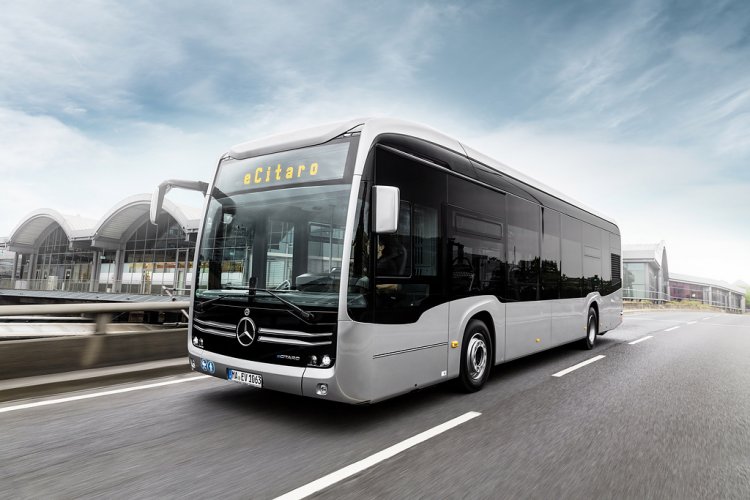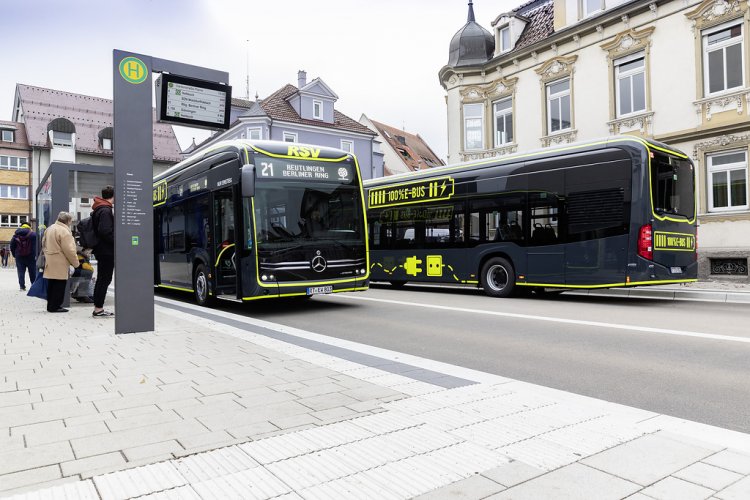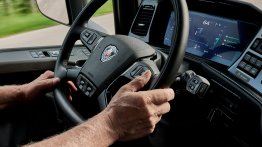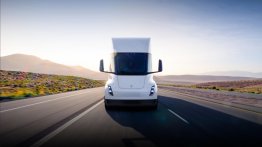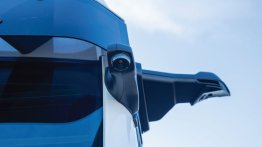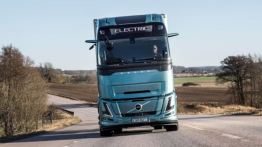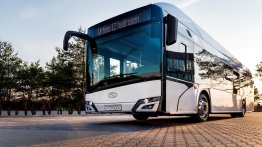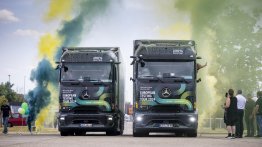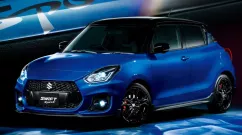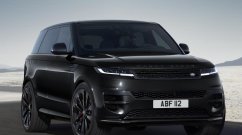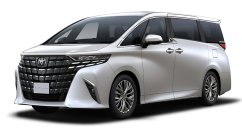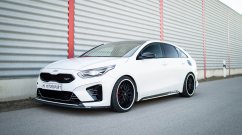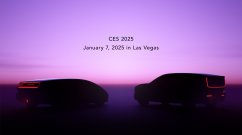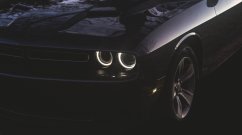A milestone for the Mercedes-Benz eCitaro: More than 1,000 units of the low-floor electric bus rolled off the production line in Mannheim.
In the nearly five years since its start of series production at the end of 2018, the eCitaro has become a true success story. This is not only confirmed by many large orders from cities such as Hamburg, Dresden, Bremen, Wiesbaden and Mannheim – transport companies in France, Italy, Sweden, Poland, Austria, Switzerland and many other European countries are also putting their trust in the electric bus with the star.
The Mercedes-Benz eCitaro combines the tried and tested platform of the best-selling Mercedes-Benz city bus of all time with new technological solutions and a novel design. In 2018, the eCitaro was initially launched as a solo bus with a battery capacity of up to 243 kWh. From the outset, the new innovative thermal management system reduced the energy needed for heating, ventilation and air conditioning by around 40 percent compared to the internal combustion engine Citaro, thus laying the foundations to give the eCitaro a practical range.
The next development steps to follow at short intervals had already been outlined at its introduction. So, besides depot charging, it wasn’t long before there were solutions for opportunity charging for the eCitaro. With the second battery generation, the driving range was extended without increasing the weight, opening the way for the successful eCitaro G articulated bus, which was launched onto the market in mid-2020.
Another milestone at the end of 2022 was marked by the introduction of the third generation of high-performance lithium-ion batteries with the main components nickel, manganese and cobalt oxide (NMC). They increase the capacity of the battery cells by 50 percent at the same weight, thus allowing driving ranges of up to 280 kilometres (solo bus).





